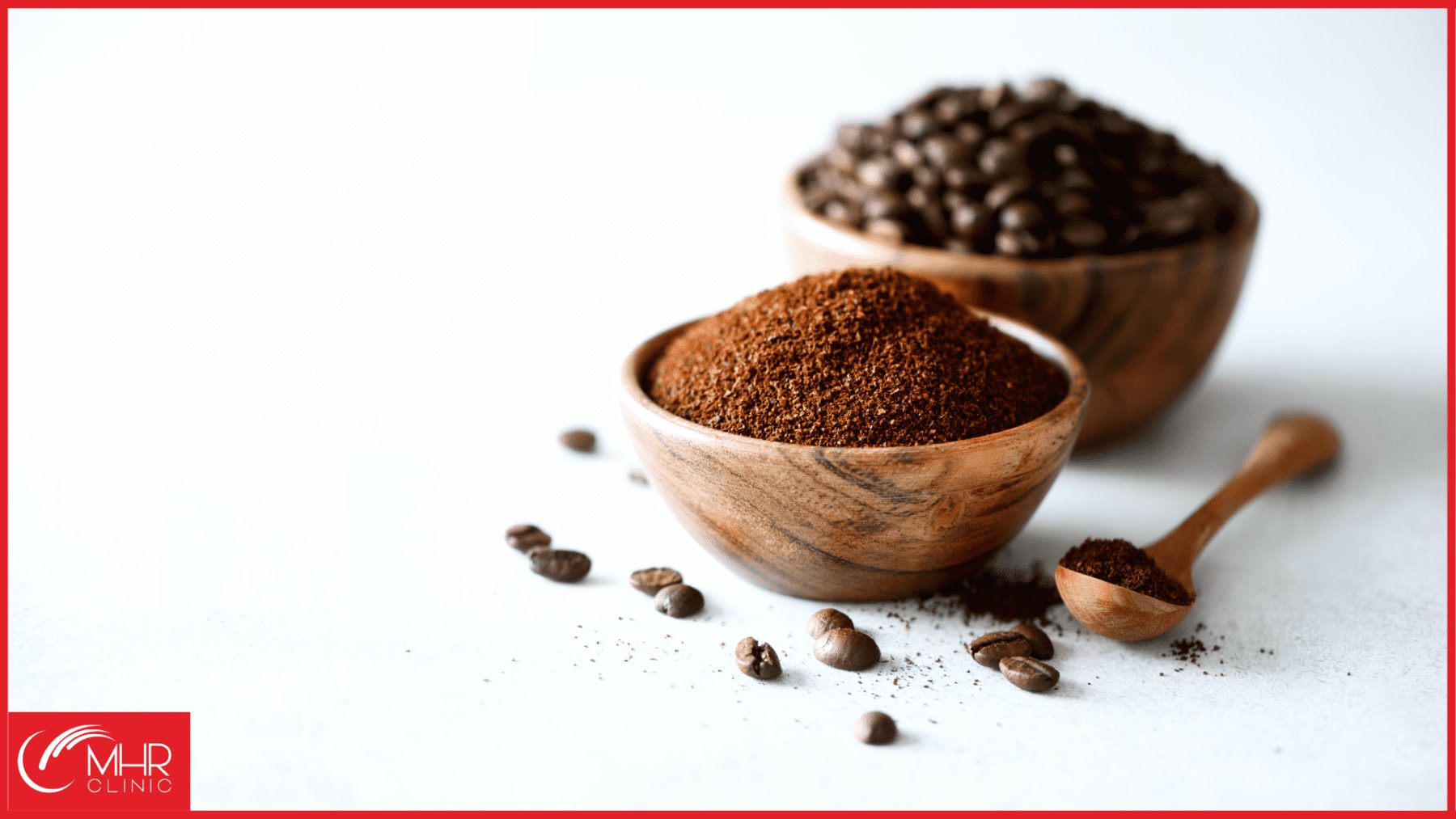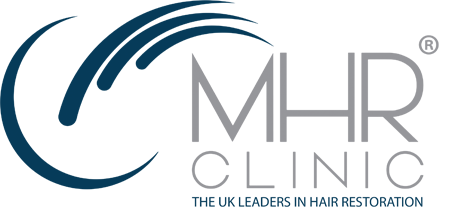
The negatives of using Caffeine topically for hair loss.
Hair loss is a common problem that affects both men and women. With the rise of social media, many beauty bloggers and influencers have been promoting the use of caffeine as a topical treatment for hair loss. However, while caffeine does have some benefits for hair, applying it topically may not be as effective as social media makes it out to be. In this blog, we’ll explore why applying caffeine topically isn’t as good as social media makes it out to be for hair loss.
What is caffeine and how does it affect hair loss?
Caffeine is a natural stimulant found in coffee, tea, and other beverages. It is also found in some hair care products and is believed to promote hair growth by stimulating hair follicles and increasing blood flow to the scalp. Caffeine is also thought to block the effects of a hormone called DHT, which is linked to hair loss in both men and women.
Why applying caffeine topically may not be as effective as social media makes it out to be
While caffeine may have some benefits for hair growth, applying it topically may not be as effective as social media makes it out to be. Here are some reasons why:
- Limited absorption: Caffeine is not easily absorbed through the skin, which means that topical application may not be as effective as ingesting caffeine. When caffeine is ingested, it is distributed throughout the body, including the scalp, where it can potentially stimulate hair growth. However, when caffeine is applied topically, it may not penetrate the scalp deeply enough to have a significant effect.
- Lack of scientific evidence: While some studies have suggested that caffeine may have a positive effect on hair growth, there is still limited scientific evidence to support this claim. More research is needed to determine the effectiveness of topical caffeine treatments for hair loss.
- Potential side effects: Applying caffeine topically may cause skin irritation, especially if you have sensitive skin. Some people may also experience an allergic reaction to caffeine, which can cause itching, redness, and swelling.
- Limited effectiveness for severe hair loss: If you are experiencing severe hair loss, applying caffeine topically may not be enough to stimulate hair growth. In this case, you may need to explore other treatment options, such as medication or hair transplant surgery.
While caffeine may have some benefits for hair growth, applying it topically may not be as effective as social media makes it out to be. There is limited scientific evidence to support the effectiveness of topical caffeine treatments for hair loss, and there are potential side effects to consider. If you are experiencing hair loss, it is important to consult with a healthcare professional to determine the best treatment options for your individual needs.
